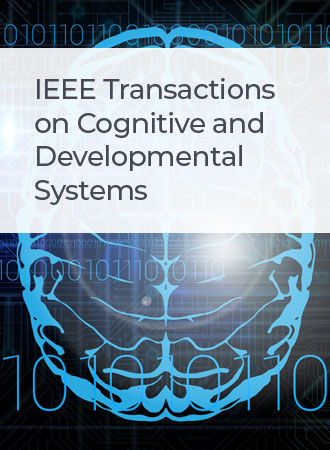用于癫痫发作预测的机器学习
IF 5
3区 计算机科学
Q1 COMPUTER SCIENCE, ARTIFICIAL INTELLIGENCE
IEEE Transactions on Cognitive and Developmental Systems
Pub Date : 2024-03-01
DOI:10.1109/TCDS.2024.3395663
引用次数: 0
摘要
近年来,公司和组织被要求向个人提供被遗忘的权利,以减轻对隐私的担忧。在机器学习中,这不仅需要研究人员从数据库中删除数据,还需要从训练过的模型中删除数据信息。因此,机器学习正在成为一个新兴的研究问题。在癫痫发作预测领域,预测应用多建立在私人脑电图信号上。为了提供被遗忘的权利,我们提出了一种用于癫痫发作预测的机器学习方法。我们提出了一种基于知识蒸馏的学习方法,使用两个教师模型来引导学生模型实现模型级的学习目标。一个教师模型用于诱导学生模型忘记有遗忘请求的患者(遗忘患者)的数据信息,另一个教师模型用于使学生模型保留其他患者(剩余患者)的数据信息。实验在CHBMIT和Kaggle数据库上进行。结果表明,我们提出的学习方法可以有效地使训练后的ML模型忘记遗忘患者的信息,并对剩余患者保持满意的表现。据我们所知,这是机器学习在癫痫预测领域的第一次工作。本文章由计算机程序翻译,如有差异,请以英文原文为准。
Machine Unlearning for Seizure Prediction
In recent years, companies and organizations have been required to provide individuals with the right to be forgotten to alleviate privacy concerns. In machine learning, this requires researchers not only to delete data from databases but also to remove data information from trained models. Thus, machine unlearning is becoming an emerging research problem. In seizure prediction field, prediction applications are established most on private electroencephalogram (EEG) signals. To provide the right to be forgotten, we propose a machine unlearning method for seizure prediction. Our proposed unlearning method is based on knowledge distillation using two teacher models to guide the student model toward achieving model-level unlearning objective. One teacher model is used to induce the student model to forget data information of patients with unlearning request (forgetting patients), while the other teacher model is used to enable the student model to retain data information of other patients (remaining patients). Experiments were conducted on CHBMIT and Kaggle databases. Results show that our proposed unlearning method can effectively make trained ML models forget the information of forgetting patients and maintain satisfactory performance on remaining patients. To the best of our knowledge, it is the first work of machine unlearning in seizure prediction field.
求助全文
通过发布文献求助,成功后即可免费获取论文全文。
去求助
来源期刊

IEEE Transactions on Cognitive and Developmental Systems
Computer Science-Software
CiteScore
7.20
自引率
10.00%
发文量
170
期刊介绍:
The IEEE Transactions on Cognitive and Developmental Systems (TCDS) focuses on advances in the study of development and cognition in natural (humans, animals) and artificial (robots, agents) systems. It welcomes contributions from multiple related disciplines including cognitive systems, cognitive robotics, developmental and epigenetic robotics, autonomous and evolutionary robotics, social structures, multi-agent and artificial life systems, computational neuroscience, and developmental psychology. Articles on theoretical, computational, application-oriented, and experimental studies as well as reviews in these areas are considered.
 求助内容:
求助内容: 应助结果提醒方式:
应助结果提醒方式:


